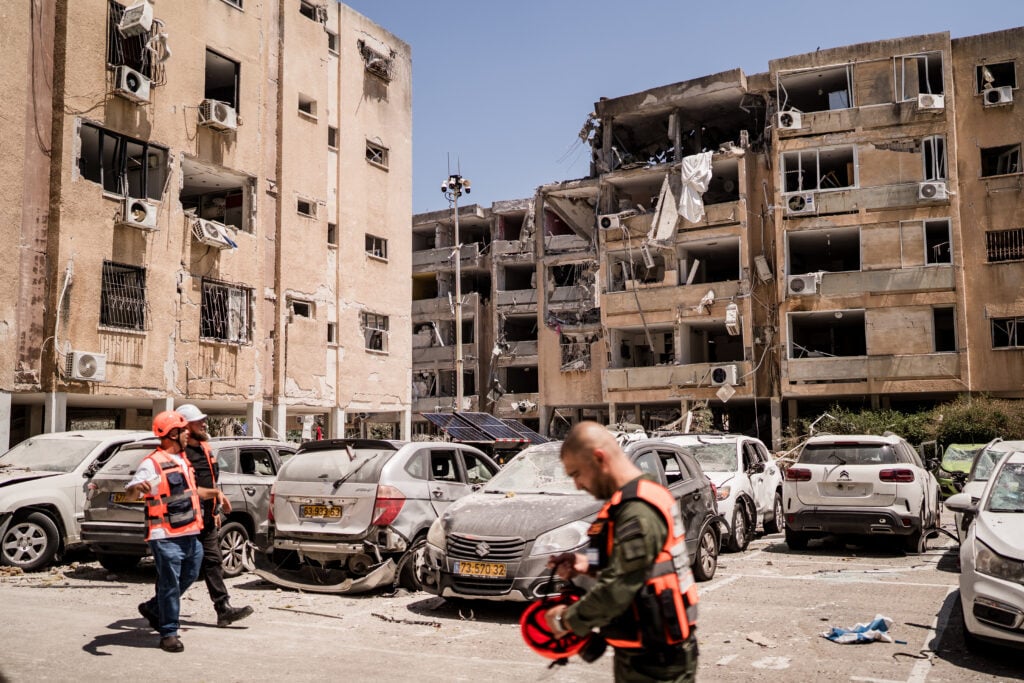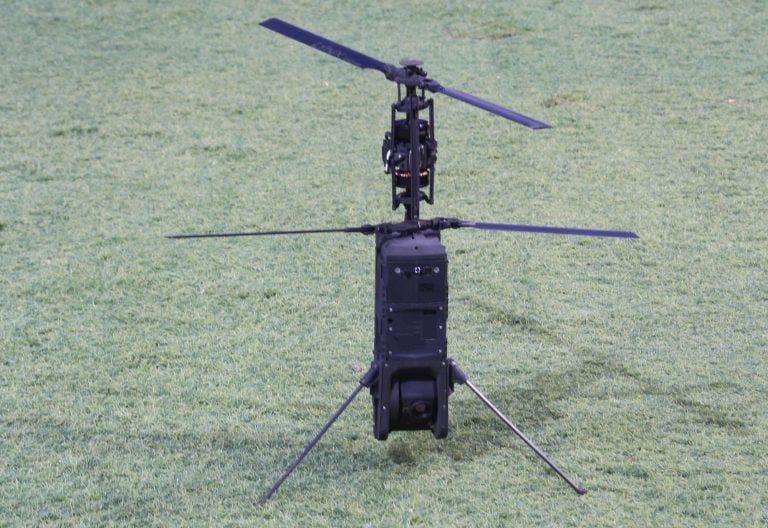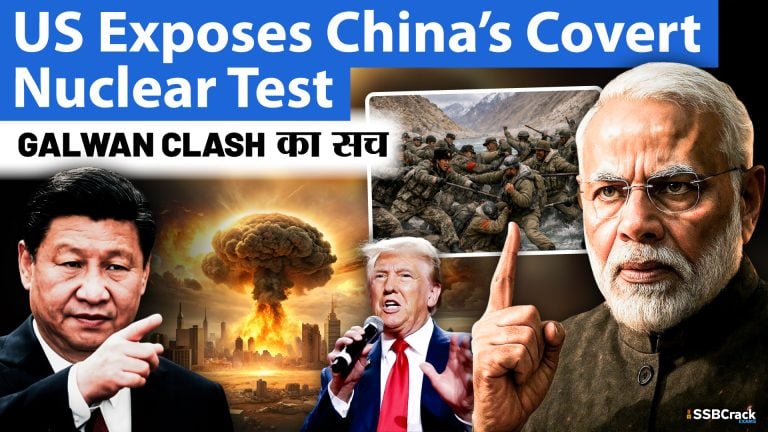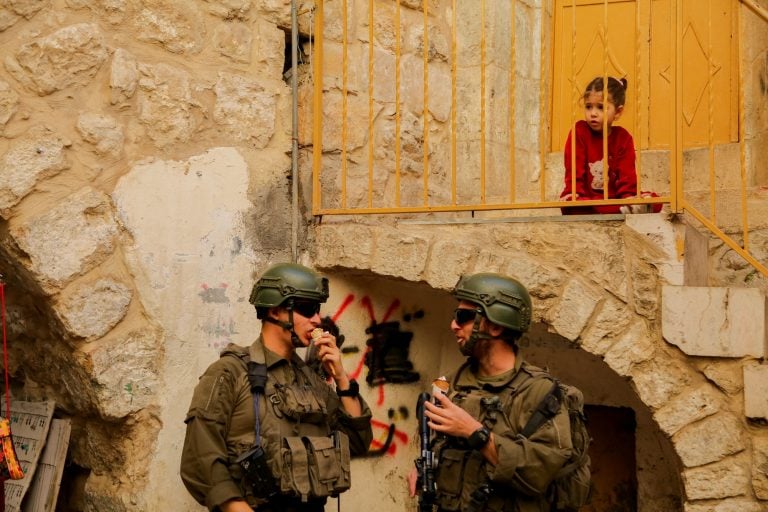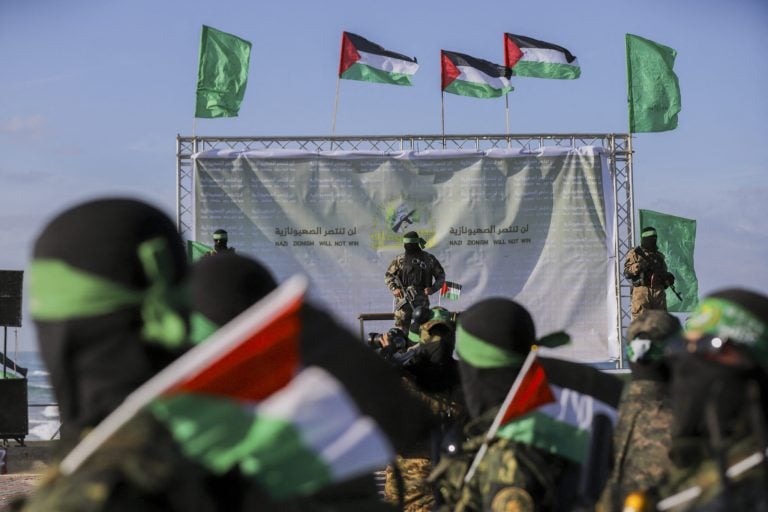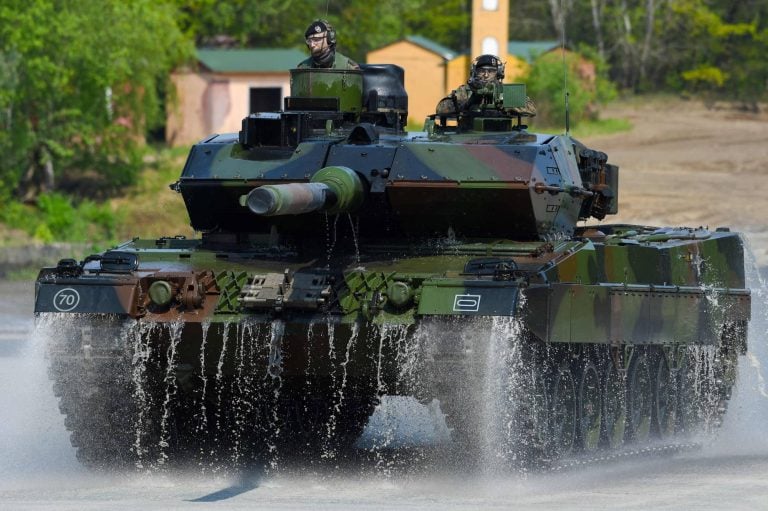In a dramatic turn of events, US President Donald Trump announced a ceasefire between Iran and Israel, urging both nations to adhere to the agreement amidst ongoing conflict. The announcement was made via Trump’s Truth Social platform on the twelfth day of warfare, marking a significant moment as both countries have been engaged in escalating hostilities.
According to Trump, the ceasefire would be implemented in phases, beginning with a unilateral halt of operations by Iran at around 04:00 GMT on Tuesday, followed by Israel’s cessation of military actions 12 hours later. Despite this declaration, reports from both countries indicate ongoing violence, with Israeli emergency services confirming that four people were killed during an Iranian missile strike shortly before the ceasefire was set to take effect. Iranian state media had reported waves of missiles targeting Israel, highlighting the tense atmosphere as the ceasefire loomed.
Iranian Foreign Minister Abbas Araghchi contradicted Trump’s assertion, stating that there was no agreement in place for a ceasefire or cessation of military activities. He emphasized that Iran would halt its responses only if Israel ceased its aggression against Iranian people, specifically before the 4 am Tehran time deadline. Meanwhile, Israeli officials reported the activation of air raid sirens in northern Israel, suggesting that the threat from Iran was far from over.
Explosions continued in Tehran, described by journalists as some of the most powerful since the outbreak of hostilities, raising concerns of further escalation in the region. Ongoing missile exchanges had marked the conflict since Israel launched surprise strikes against Iranian nuclear and military installations, prompting fears of a broader regional conflict.
The situation was further complicated when Iran targeted Al Udeid Air Base in Qatar, the largest US military facility in the Middle East. Trump dismissed the attacks as “very weak” and indicated that Iran had provided advance notice of their missile launch. The Iranian National Security Council stated that the attack was a response to US aggression against Iran’s nuclear capabilities, framing it as a proportional response designed to minimize American casualties.
World leaders expressed a collective worry that the violence could spiral into a larger conflagration. French President Emmanuel Macron called for an end to what he termed the “spiral of chaos,” while China highlighted potential economic repercussions of the escalating conflict.
Iran’s missile assault on Qatar was characterized by a calibrated approach, avoiding civilian casualties while still sending a strong message against perceived aggression. Iranian state media reported that the missiles had hit Al Udeid, although the base had been evacuated prior to the strikes, reducing the risk of casualties.
The situation has sparked mixed reactions across the region, with some Iranians celebrating the missile launch while others are left grappling with the repercussions of continued violence. Qatar condemned Iran’s actions as “blatant aggression,” asserting its right to a proportional response.
As the conflict endures, the toll has been severe, with reports indicating over 400 fatalities in Iran due to Israeli strikes and around two dozen deaths reported in Israel from Iranian attacks. The international community continues to monitor developments closely, advocating for diplomacy to prevent further escalation of this volatile situation.
